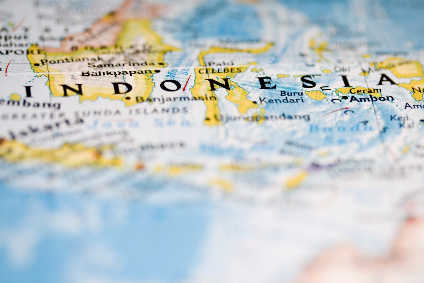
Worker rights campaigners are continuing to urge Uniqlo-owner Fast Retailing to settle wage and severance payments at a former supplier in Indonesia – with the Japanese corporation again saying that even though it was not one of the factory’s major buyers it has made several offers to help workers find new employment.
According to Clean Clothes Campaign, Uniqlo walked away from a mediation process in Jakarta “without making a substantial offer to former workers of the Jaba Garmindo factory, which went bankrupt in 2015.”
In an email to just-style, Fast Retailing said it could not disclose details of the meeting, but maintains that while it sourced from Jaba Garmindo for “a short period,” it was not one of its major buyers.
“Accordingly, Fast Retailing has no legal obligation pertaining to this matter, including the responsibility to financially compensate former PT Jaba Garmindo employees.
“Although Fast Retailing has no legal obligation, it empathises with those affected by the PT Jaba Garmindo situation. Accordingly, Fast Retailing remains ready to help facilitate re-employment for former PT Jaba Garmindo employees who remain without employment today – a genuine offer to help that has been made several times, including at the recent November meeting.”
The Jaba Garmindo factory in Indonesia filed for insolvency and announced bankruptcy in April 2015, a move affecting 2,000 workers. The factory was a supplier of Uniqlo clothing between 2012 and 2014.
How well do you really know your competitors?
Access the most comprehensive Company Profiles on the market, powered by GlobalData. Save hours of research. Gain competitive edge.

Thank you!
Your download email will arrive shortly
Not ready to buy yet? Download a free sample
We are confident about the unique quality of our Company Profiles. However, we want you to make the most beneficial decision for your business, so we offer a free sample that you can download by submitting the below form
By GlobalDataIn January this year, Fast Retailing issued a statement advising it had consulted with Jaba Garmindo in early 2014 to remedy the situation of “continuous quality issues and delivery delays.” Failure to resolve the issue led to Fast Retailing dissolving its business relationship with the factory in October 2014 “settling payment for all orders up to that date in a timely manner.”
However, CCC claims: “Uniqlo’s continued refusal to fulfil the outstanding severance debt of US$5.5m owed to the former Jaba Garmindo workers either through a direct settlement or through a charitable donation is in violation of international standards and Uniqlo’s own codes of conduct.”
Teddy Senadi Putra, of labour union PUK SPAI FSPMI at PT Jaba Garmindo, confirms Uniqlo repeated its offer for re-employment. “But we don’t get any specifics of where this factory is located and how many people can be re-employed. And there can be no talk of re-employment without recognition that we are owed US$5.5m. With each garment we knitted and sewed together, we contributed to Uniqlo’s profit.”
Mirjam van Heugten, international coordinator at Clean Clothes Campaign, adds: “Uniqlo…speaks of the promise of sustainability. However, sustainability brings with it an expectation of responsibility. It’s about making sure your supply chain is not hurting people’s livelihoods, and that the people who make your clothes can live lives of dignity.”



